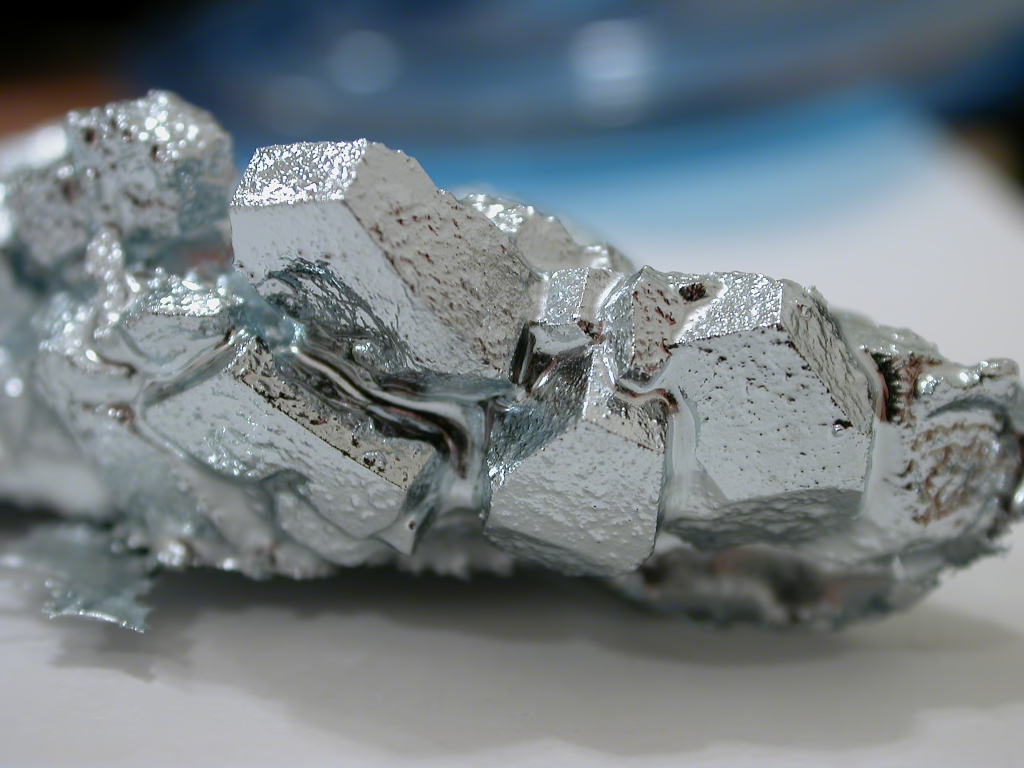As 5G becomes more popular, China is holding onto an important material, replacing silicon to take the technological lead

China currently holds 90% of global Gallium production, a material that promises to be a substitute for silicon in the future.
Did you know that a huge 5G broadcast station can be reduced to a box the size of a shoe box? That's possible thanks to a new material, a soft, blue metal called Gallium.
The metal makes that a reality when its compound, Gallium Nitride, will replace silicon in the making of chipsets, which emit strong energy pulses of high-frequency radio waves to transmit data.
Thanks to Gallium Nitride, chipsets consume less power, generate less heat and can operate normally even at temperatures of 800 degrees Celsius, saving space for broadcast stations without the need for provide cumbersome power and cooling.
Therefore, Gallium is considered by the US government to be one of the 35 most important elements for the technology industry, as well as a concern for national security. However, like rare earth, the global supply of Gallium is now under Chinese control.
China's dominance of Gallium

According to the US Geological Survey, China produced 390 tons of raw Gallium last year, accounting for more than 95% of global production. With increased dominance over a range of industries, from ore holding to mining technology, China is becoming a superpower for rare earths, rare metals and other rare elements.
But even more remarkable is Huawei. According to Google Patent, the Chinese telecommunications giant currently holds more than 2,000 patents related to Gallium Nitride. Nokia, Huawei's main rival in the 5G race, currently has more than 1,500 patents and Ericsson has just over 400 patents related to Gallium Nitride.
In addition, Qualcomm, the leading supplier of 5G chipsets, has less than 1,000 patents related to this material.
"As the semiconductor industry moves from Silicon to Gallium, China is getting ready to take the lead." Professor Hao Xiaopeng, a researcher of functional materials at the State Key Laboratory of Crystal Materials at Shandong University, China, said.
- What is 5G network? Its features, applications and how it works?
- Top 7 shaping digital transformation trends in 2020
- How much faster is 5G network 4G: The result is immediately after the "fight" between 5G smartphones and iPhone 11
- Fish information of goods and their and their equipment.
- 5G has NOT officially started operation, 6G has started to shape
Operate and exploit advertising by iCOMM Vietnam Media and Technology Joint Stock Company.
116 Thai Ha, Trung Liet Ward, Dong Da District, Hanoi.
Email: info@more.edu.vn
Editor in chief: Tran Vo
Tel: (+84) 903076053/7 Fax: (+84) 903030935